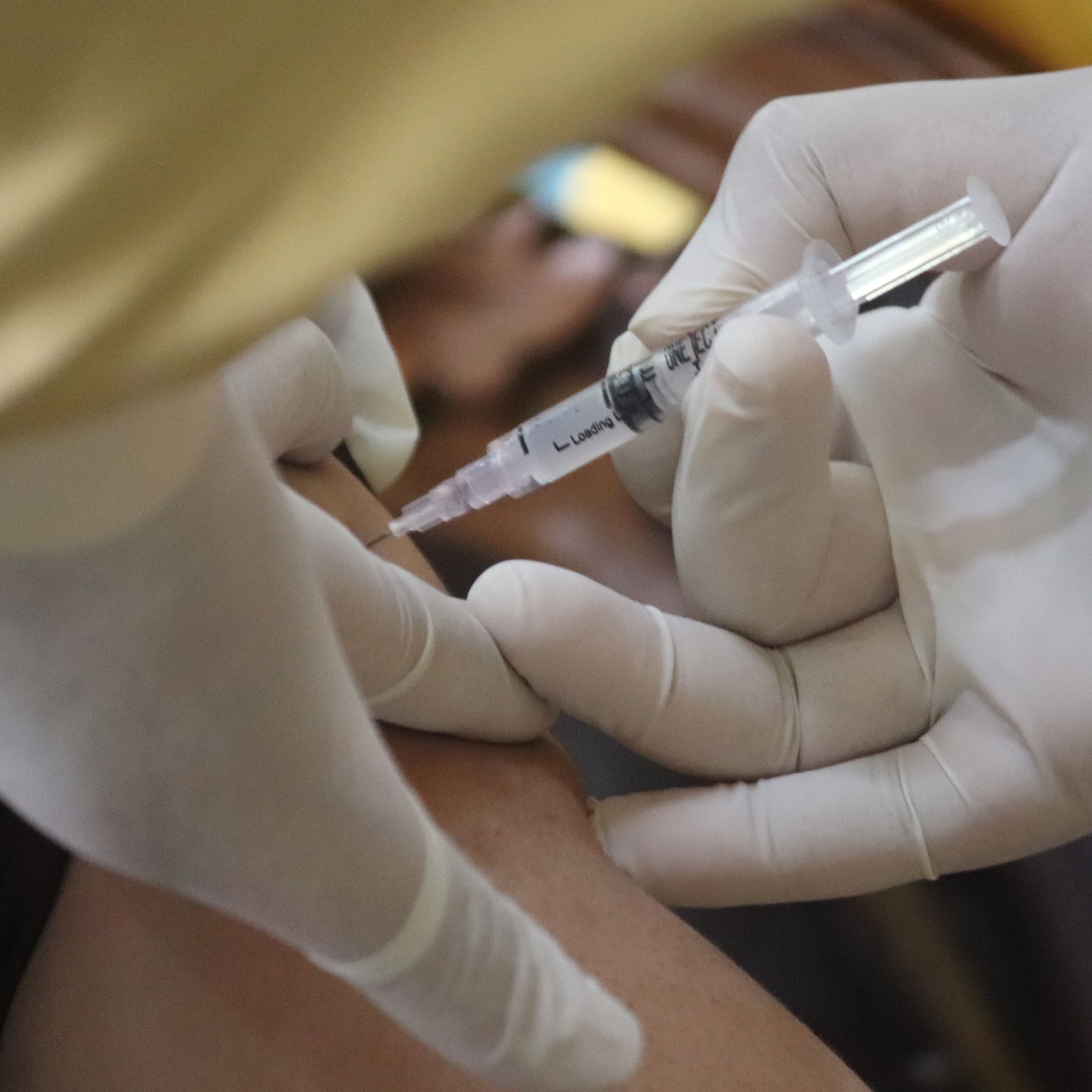Article
Wakefield Sues over Autism Vaccine Fraud Accusations
Author(s):
Andrew Wakefield, the lead author of a discredited 1998 study in the Lancet linking the MMR vaccine to autism has sued a British journalist, the journal BMJ, and the journal's editor over articles, editorials, and public statements that he claims are false and defamatory and have caused him personal and financial damage.

Andrew Wakefield, the lead author of a 1998 study in the Lancet connecting the measles, mumps, and rubella (MMR) vaccine and autism, has filed suit in a Texas court against a British journalist, the journal BMJ, and BMJ’s editor, alleging that they made knowingly false and defamatory statements about his research. Since the publication of Wakefield'sLancet study, the British General Medical Council has found him guilty of serious professional misconduct regarding his work on it, which led to the journal’s retraction of the study and the revocation of his license to practice medicine in the United Kingdom.
Wakefield’s lawsuit was filed on Tuesday against the British journalist Brian Deer, who published a January 2011 article in the BMJ critical of Wakefield’s work on the Lancet study; Fiona Goodlee, editor of the BMJ, who authored several editorials amplifying the criticism of Wakefield; and the journal itself. Wakefield argues that statements made by Deer and Goodlee to the effect that he had committed fraud in manipulating data to establish a connection between the MMR vaccine and autism were themselves false and defamatory. In addition, he alleges that BMJ had a conflict of interest in that it receives funding from GlaxoSmithKline and Merck, both of which make the MMR vaccine.
Among the many allegedly defamatory statements enumerated in the petition are Deer’s claim that the children included in the Lancet study “were recruited through anti-MMR campaigners, and the study was commissioned and funded for planned litigation” and Goodlee’s claim that the study represented not just “bad science” but a “deliberate fraud.” (Underlining in the original.)
The lawsuit alleges that the defendants knew their statements were false at the time they made them, that the statements were made with intent to harm Wakefield’s reputation and damage his livelihood, and that they succeeded in causing damage to him. According to a post on the website of Science, the case will be an early test of a new Texas law that puts the burden on Wakefield, the plaintiff, to establish that the defendants' speech has caused him damage before the suit can proceed.
An article in the Guardian notes that Wakefield previously sued Deer along with a UK television channel and production company over a 2004 documentary that Deer produced on the MMR vaccine, but ended up dropping the suit and paying the defendants’ legal costs. It also points out that fears of the MMR vaccine inspired by Wakefield’s study led to dangerously low levels of vaccination in the UK—down to 80% in 2004, well below the 95% level required to confer herd protection. (The study also helped spark the modern anti-vaccine movement in the United States.)
A statement from the BMJ and Deer in response to the lawsuit states that “unsurprisingly the BMJ and Mr. Deer stand by the material published in the BMJ and their other statements and confirm that they have instructed lawyers to defend the claim vigorously.” The statement also suggests that Wakefield has filed the suit in Texas, where he currently lives, rather than the UK, where the BMJ and Deer are based, for tactical reasons: “Following the findings of the British General Medical Council's Fitness to Practice Panel and Mr. Wakefield's history of pursuing unfounded litigation, any action brought against the BMJ and Mr. Deer in London would have been immediately vulnerable to being struck out as an abuse of process."





